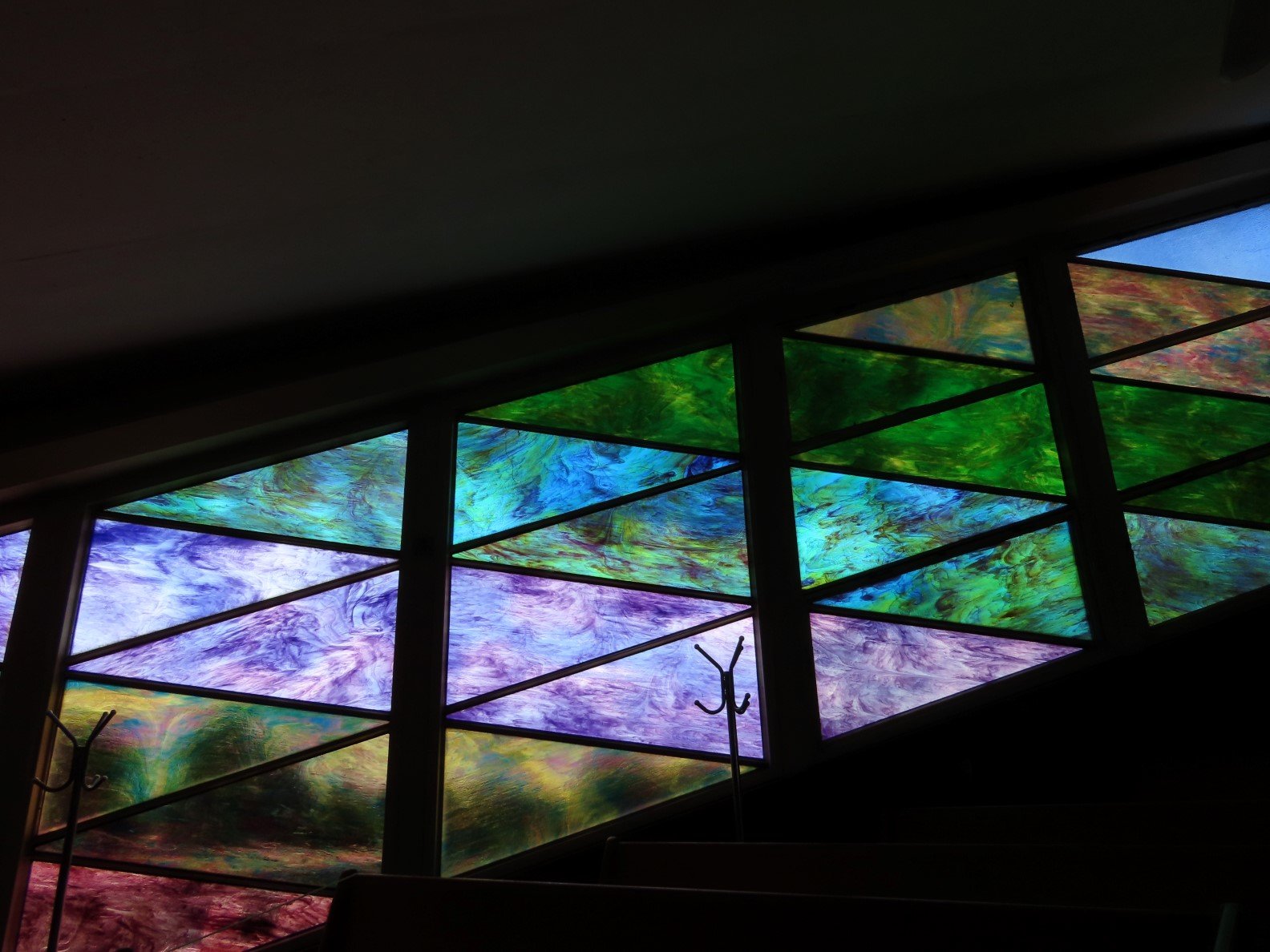- Accueil
- Notre communauté
- Notre foi
- Nos ministères
- Vie paroissiale
- Bulletin
- Nous contacter
- Recherche

World Mission Sunday
World Mission Sunday is this upcoming Sunday, October 22. In light of this, Fr. Peter Turrone reflects on his time spent working as a missionary in the Gobi Desert – the largest desert in Asia.
1. What led you to missionary work?
After returning to the faith in my mid-twenties, I began to devour books on the lives of the saints. St. Paul, St. John Brebeuf and many other missionaries sparked the desire to bring Jesus Christ to people who had not yet come to know and love him. While earning my undergraduate degree, I discerned my call to the priesthood. Later, during grad studies, I felt a persistent pull towards missionary work. During a Marian Conference at the University of Toronto, I came across an exhibit made by the Consolata Missionaries. Their missionary work seemed to resonate with me. After getting to know the community, I entered as a postulant and was then sent to Italy for the novitiate. It was then that I first learned about the new mission they had just opened in Mongolia. After studying theology in Rome, my superiors sent me there to prepare for priesthood. It was unforgettable. Everything that I had hoped for came to pass.
2. Tell us about your time serving the poor as a missionary in the Mongolian desert.
Mongolia is unlike any other country I have ever lived in or visited. The famous Mongolian Steppe – one of the largest grasslands in the world – is both picturesque and sometimes frightening. You can drive for several hours and not encounter a single vehicle other than the occasional herd of horses or goats. This is fine in the summer months. However, the winters are difficult. The temperature can drop to -50 C. The majority of Mongolians live in ghers (round tents). I have never met a people so capable of enduring such extreme weather and poverty while simultaneously wearing a smile on their face.
My work consisted of studying the language in order to communicate and say Mass, caring for the children and teens, accompanying the sick to hospital in the city (seven hours away) and doing the daily chores for the community. Often times, this meant simply helping to thaw the frozen pipes so we could have access to water!
3. Why is World Mission Sunday important?
World Mission Sunday is important to me, and to the whole Church, because it reminds us of the permanent validity of the Church's call to bring Jesus Christ to all the nations. One of my favourite encyclicals written by Pope St. John Paul II is entitled Redemptoris Missio. It provides the biblical and theological framework for missionary activity. While it is true that the West also needs to be re-evangelized, there are still many people who have never received the initial proclamation. Jesus Christ is the only way to heaven (cf. Acts 4:12). Therefore, everyone has a right to hear the Good News of salvation. Missionaries cannot do this work without the prayers and material support of members of the household of the same faith (cf. Gal 6:10). We relied on the generosity of Catholics in other countries to help us provide the basic resources needed to care for those in need.
